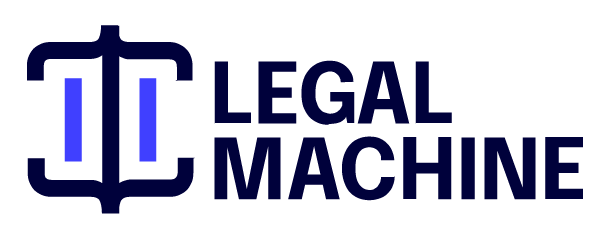How to take advantage of the disruption of the legal industry
We live in disruptive times, technologies such as machine learning, contract automation, artificial intelligence and even blockchain are already part of the legal industry. Disruption, according to the RAE, is a sudden break or interruption; it breaks the status quo. These times of change are extremely exciting, it is the time to build, to innovate…
However, one must not lose sight of the fact that the legal industry continues to be a service based on three pillars:
- Strategy.
- Product
- Service

rvalladares@lmintelligence.com
LM Intelligece
www.lmintelligence.com
Through the Strategy, a lawyer defines the type of service that must be provided to the client and the best way to carry it out. The Product is the document or documents that will be delivered to the client, it is the “physical” part of the service, which can be merely digital. And the service is the efficiency of the service provided both in costs and time, as well as the post-delivery follow-up of the product.
We do indeed live in disruptive times. In a study conducted by Altman Weil, North American firms were asked which changes in the legal industry they considered: a) permanent; b) non-permanent; or c) they did not know of their impact. In this survey, three permanent changes topped the list, these being:
- Price competition.
- Efficiency.
- The commoditization of legal services.

In the face of all this disruption, Legal Machine® presents to the market in the region a contract automation platform that allows its users to:
- Improve your strategy, allowing you to have variations or options of the product to offer, that is, the possible clauses of a contract; allowing the lawyer to provide advice or propose a strategy based practically on a checklist.
- Improve the product, as it reduces paralegal errors and allows for the delivery of a complete product, i.e. with all related documents. The automation of contracts or legal documents is the commoditization of legal services.
- Improve service by delivering products more efficiently in terms of time, cost and price.
In conclusion, we are facing times of disruption and opportunity in the legal industry, in which the time to innovate is now. Soon we will be faced with technologies based on machine learning, Artificial Intelligence or blockchain. Technologies will not replace lawyers, they will only facilitate the profession and significantly improve efficiency. With so much bureaucracy, an improvement in efficiency in every sense is an excellent solution.
